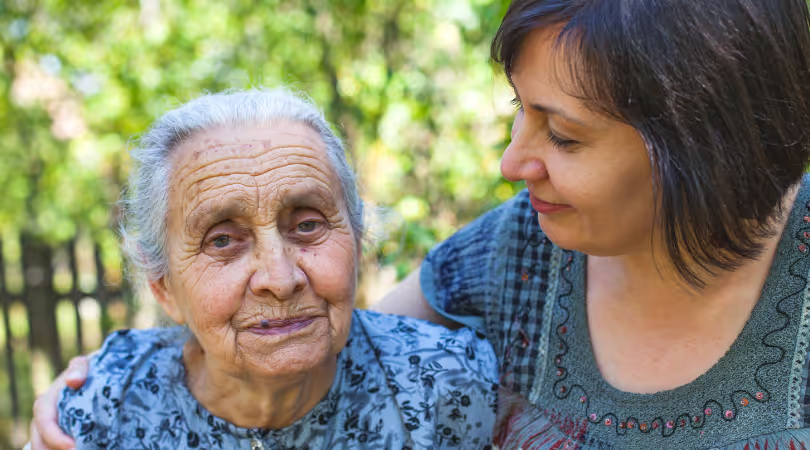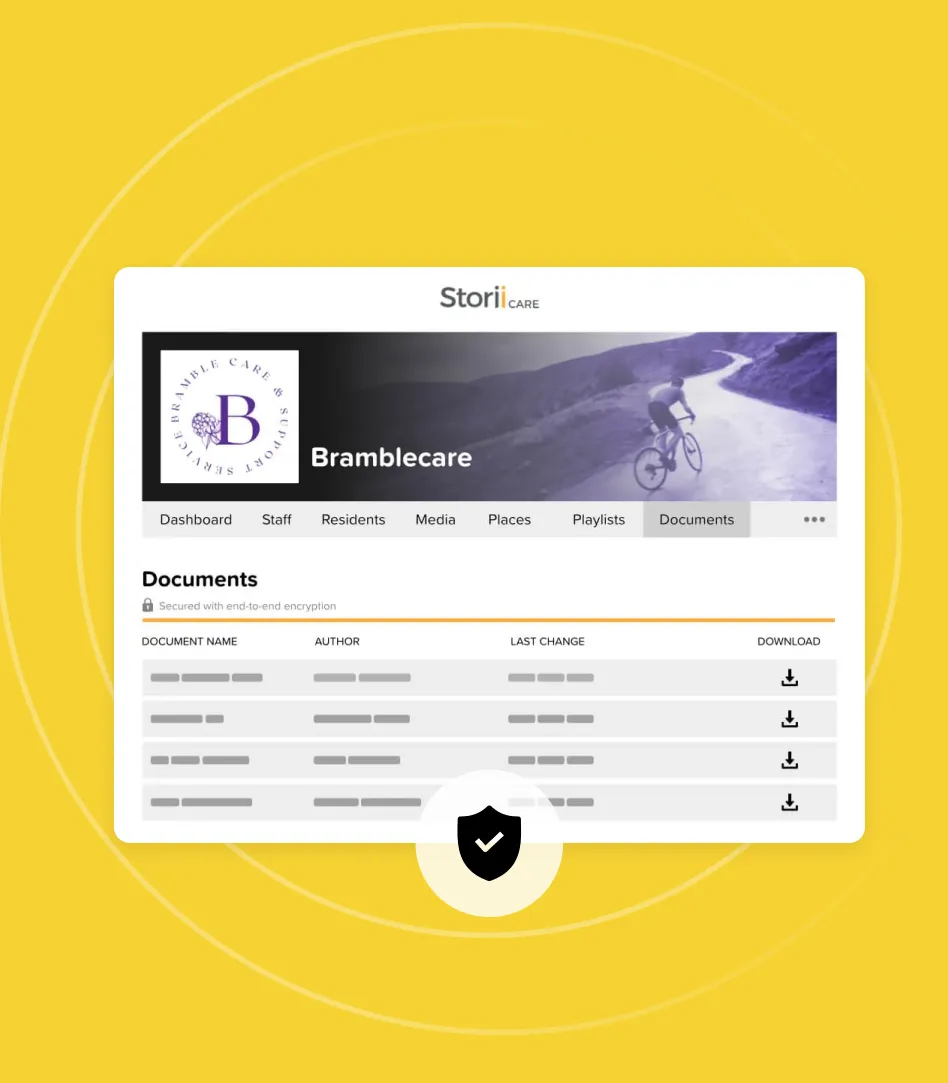The Caregiving Effect
There are literally millions of people who provide unpaid care to a friend or family member. A 2015 AARP report estimated that there are 34.2 million Americans providing unpaid care to someone aged 50 or older. A 2011 NHS report estimated that there are 5.4 million unpaid carers in England alone. Those are only two countries. If you were to look at this issue on a global scale, you can imagine just how high those numbers would be.
Given those statistics, it seems absurd that caregivers would feel isolated and alone. And yet, that is perhaps the most common thing Priya Soni hears from the caregivers she works with.
Priya is the creator of The Caregiving Effect, a platform and service that offers support and guidance for those navigating the path of caregiving, as well as assisting former caregivers in finding purpose and meaning in their stories. She spent over a decade as a caregiver and witness to her father’s illness and now finds herself fulfilling this role again with her ageing mother. Priya has written about her journey for The Huffington Post and was Caregiving.com’s Visionary Award Winner of 2018.
Apart from finding out more about The Caregiving Effect, I wanted to glean insight from Priya on two things:
- How adults can be better prepared to assume the role of carer, in whatever capacity that might be.
- How providers can better support carers who are transitioning their loved one from home into their care setting.
The moment that you actually have to face the reality of providing care for a loved one might seem like ages away. However, many end up blindsided when something happens sooner than expected. For instance, a parent’s health declines rapidly or a spouse gets a sudden, unexpected illness. What are some things people can do before a moment of crisis occurs?
Try to have a series of conversations with family members before a crisis occurs.
That’s your primary tool. Familial dynamics can sometimes make this hard. Maybe you’re part of a family that doesn’t talk about this stuff. Or maybe you’re part of a family that has already walked through this and there are resentments or disappointments from that experience. Just know that even small steps can make a huge difference.
Consider bringing this up very casually one day. Saying something to your loved one like, “Hey, I was just wondering...what are your wishes if anything were to ever happen to you? I’m really curious about that.” Remember that at the end of the day, you taking the time to ask shows that you care about this person’s life and what they want, which is a good thing that they can appreciate. If it’s too hard to have this conversation in person, maybe you write a letter. Just getting any semblance of communication going is progress in a helpful direction.
Don’t forget to talk to your own support circle.
When you’re in a moment of crisis and someone asks you what you need, there’s a good chance you won’t be able to tell them because you’re overwhelmed and not thinking straight. So, consider having a conversation with your closest friends or a significant other where you say, “You know, these are the things I’m most concerned about in my life that I really want to talk about. If for instance, my mother starts showing signs of dementia and needs my care, here are the things I might need in those moments.”
Not only is this a really helpful self-reflective exercise, but bringing this up with your circle of support might inspire those people to have the same conversation with themselves and their inner-circle, too. Additionally, the more we normalize this type of communication, the better we can connect and support ourselves and each other through the caregiving process.
Research your resources.
What are the resources where you live or your loved one lives? Who are the home health care aides nearby? Where is the Area Agency on Ageing in your state? What senior living options are in the area? What support programs are available? You don’t have to answer all these questions at once. You don’t have to take huge steps and get overwhelmed. Just start perusing. You know, occasionally visit a facility or start picking up brochures when you see them.
Prepare yourself practically.
You know, what does it look like financially to actually have my loved one age in the home? Who would be the person caring for them? What does my parent or loved one have in terms of long term care insurance? Who is their Power of Attorney? Has a living will and POLST been filled out? How much have they saved? I know these are sensitive conversations to have with family members even when they’re well, but it really all comes down to how you discuss it and approach it. Get a mediator to come in if need be, but figuring these things out ahead of time means when moments of crisis come, they won’t get elevated by another moment of crisis.
When a caregiver moves their loved one into a facility, it can bring up a lot of emotions and anxieties. What can senior care providers do to support families making this transition?

One of the biggest things senior care facilities can do is listen.
Really listen to the person who is most informed about their loved one’s situation. Form a relationship with them. I encourage family members to form relationships with the senior care staff, too. Involve them in the care planning process. Find out what matters most to this family when it comes to the care of their loved one and follow through on those things. For me, when I moved my mom into assisted living for a while, it was being able to call and check-in. I lived long-distance so communication with the care staff was really important to me. I knew I could call or email her care team and they would always get back to me. That was really helpful.
Offer support groups for family caregivers.
At the very least, be able to offer families resources that might help them through the transition of moving their love done into a senior care facility.
What is it you can offer to those who have been or currently are on the caregiving journey?
I help people who are currently in the throes of caregiving by offering emotional support, guidance, mentorship and resources. Above all, I am someone who “gets it” and having gone through the process myself, I can help others process what they’re going through.
I help those who have been former family caregivers find meaning and purpose in their story. I offer an in-depth, three-session course where I act as a guide to uncover what their caregiving story is, dig deeper into what it means for them and understand what their relevant value-adds are when it comes to helping others walk the path of caregiving. Then, from this place of understanding, they can go forth and be a source of light and support for others in whatever capacity they choose.
After a loved one passes away or moves into someone else’s care, a lot of people find themselves going, “Ok, what now? What does this mean? What just happened? Is there a purpose in all of this?” Mentoring and helping others connects us to our humanity. We are not alone. We have a purpose. I just wanted to create something that said, “Hey, this came out of 12 years of caring for my father and you could also create something or you could just try to understand more about what you did and went through.”






.png)
.png)










